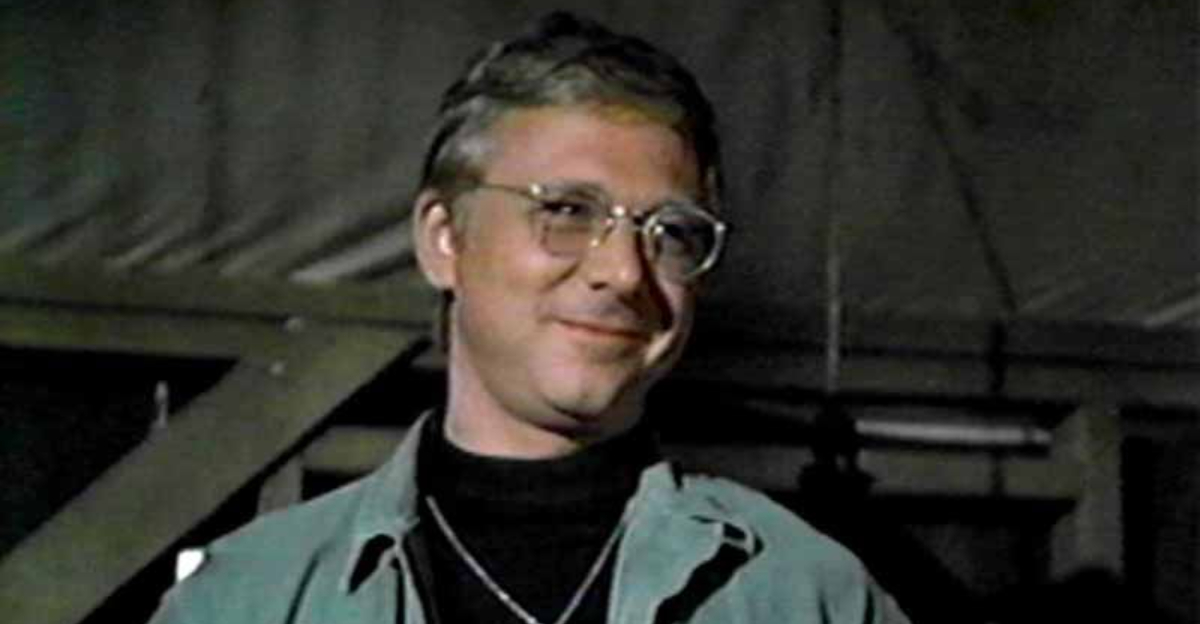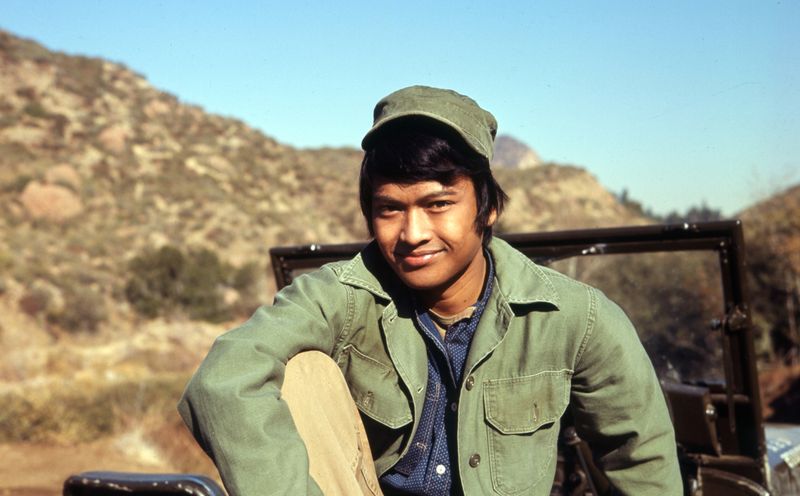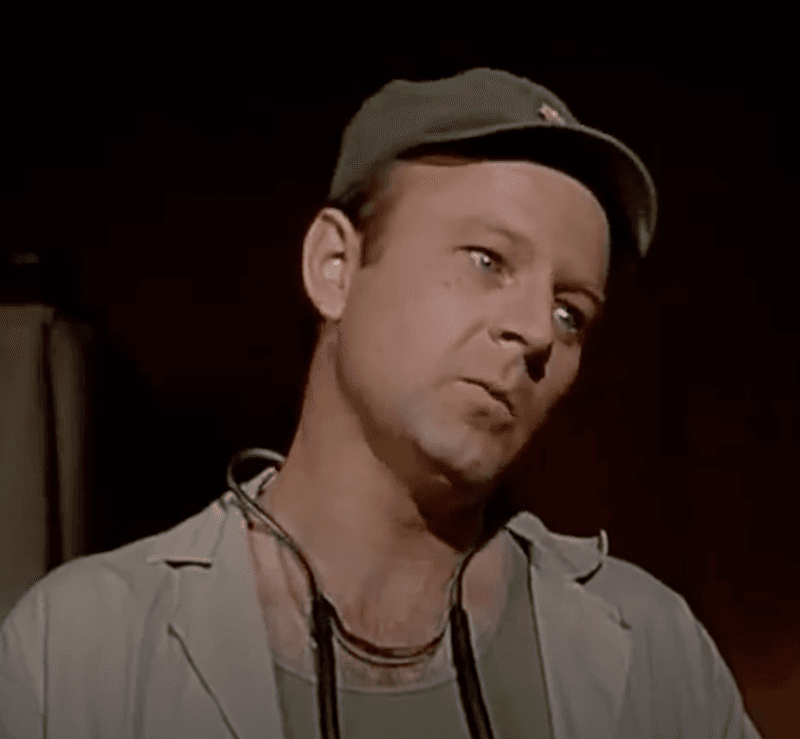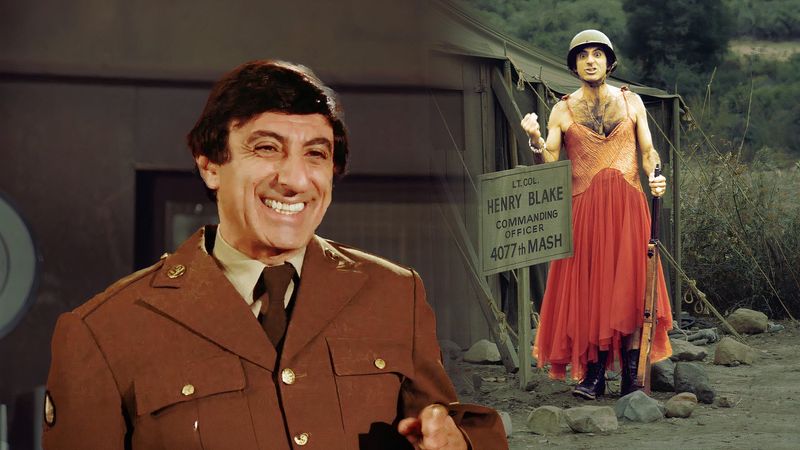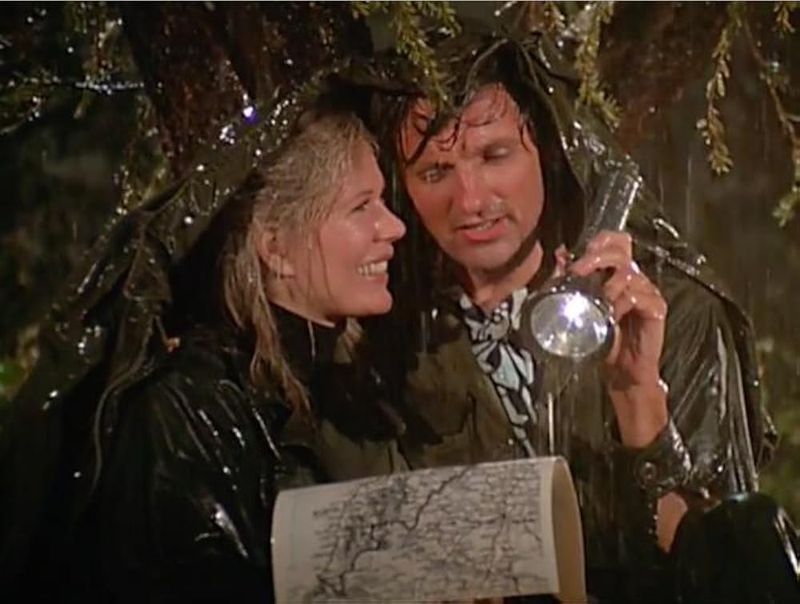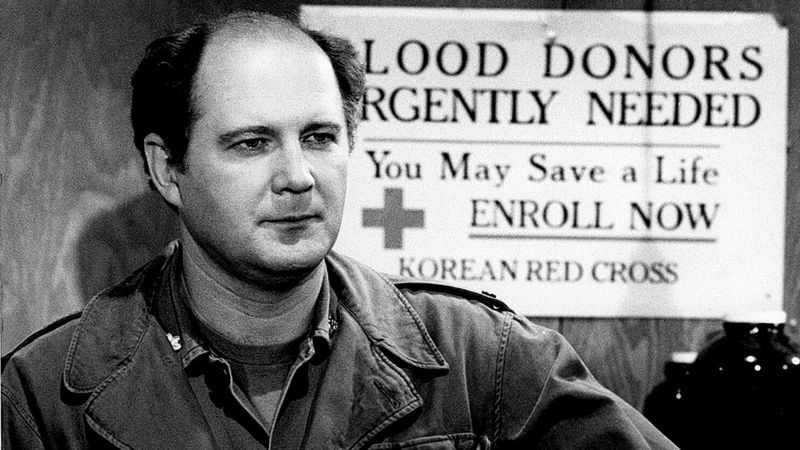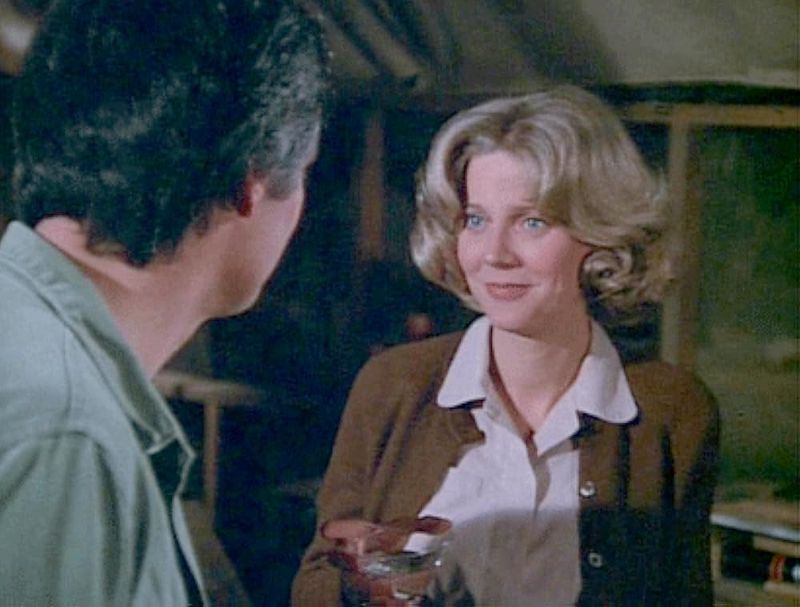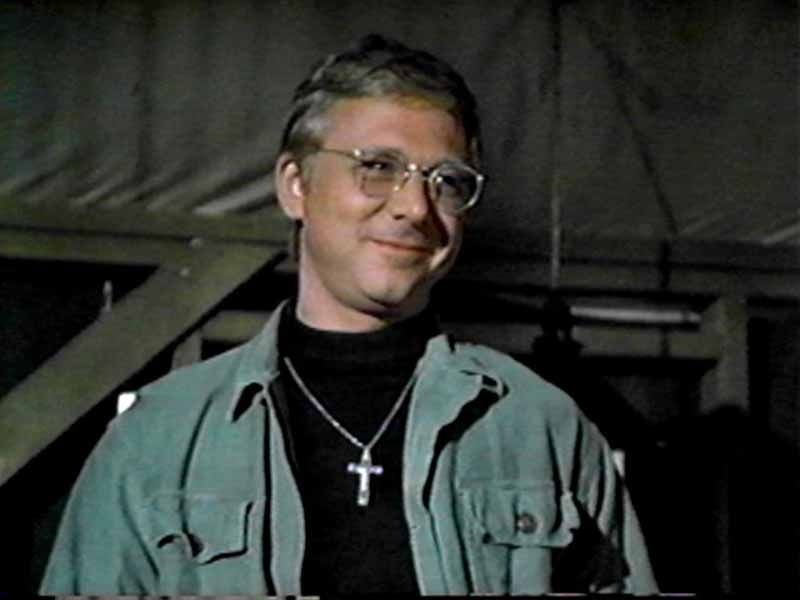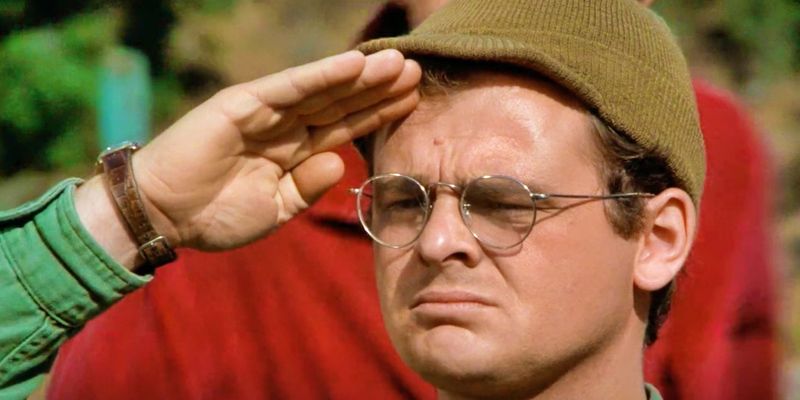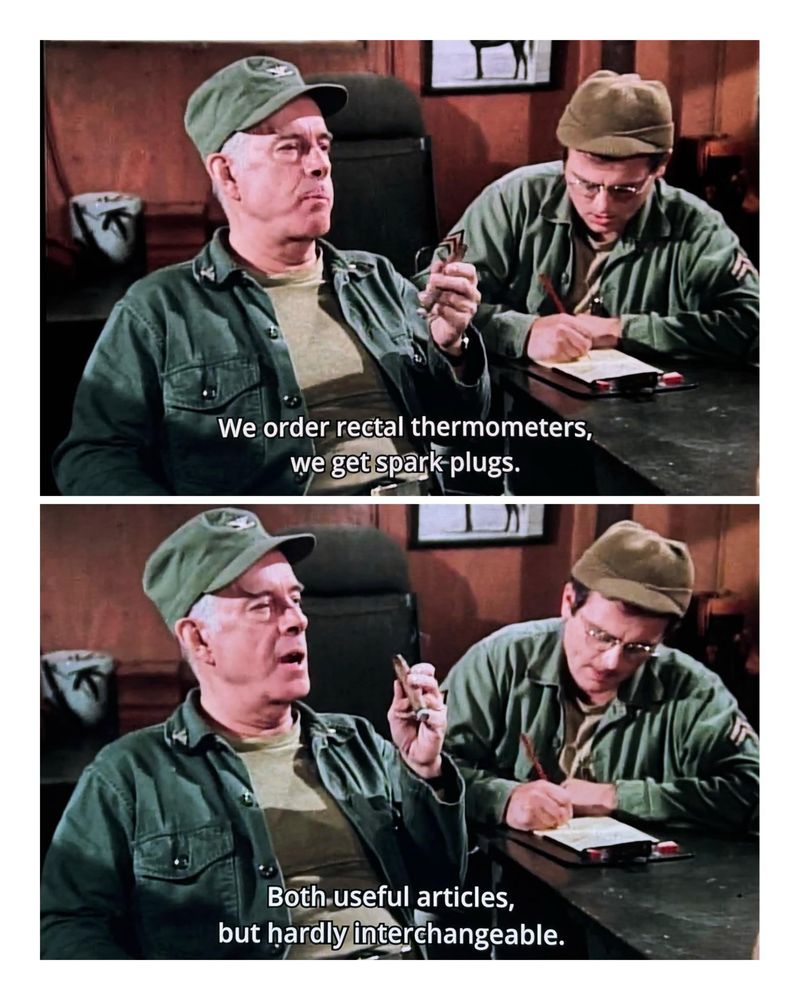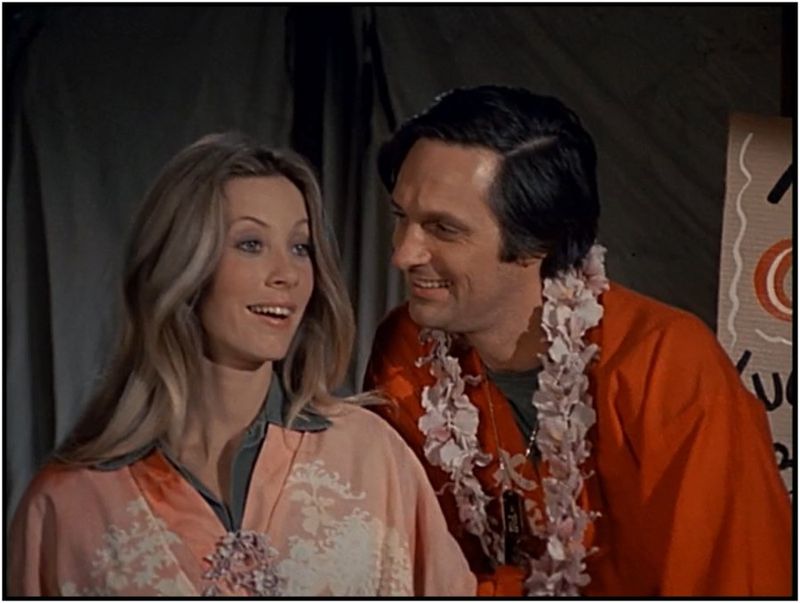M*A*S*H remains one of television’s most beloved series, blending comedy with the harsh realities of the Korean War. During its impressive 11-season run, the show introduced countless characters and storylines that captivated audiences.
However, not every plot thread received proper resolution, leaving viewers with unanswered questions about characters and situations they had grown to care about.
1. Ho-Jon’s College Journey Fades Away
Remember Hawkeye’s Korean houseboy from Season 1? Ho-Jon became something of a surrogate son to the surgeons, with the 4077th even pooling money to send him to Hawkeye’s alma mater, Androscoggin College.
After his acceptance, Ho-Jon simply disappeared from the show without explanation. The character’s fate remains one of the series’ earliest unresolved mysteries.
In the original novel and film, Ho-Jon’s story takes a darker turn—he gets drafted into the South Korean army and later treated at the 4077th for combat injuries. The TV series opted to abandon this storyline entirely, leaving viewers wondering whatever happened to the promising young man.
2. Frank Burns’ Mental Breakdown Aftermath
Major Frank Burns’ departure from M*A*S*H ranks among television’s most abrupt character exits. After Margaret’s Tokyo wedding, Frank suffers a complete nervous breakdown, chasing random women and getting arrested by MPs.
The Season 6 premiere casually mentions he received a promotion to Lieutenant Colonel and reassignment to a veterans hospital in Indiana. This convenient write-off followed actor Larry Linville’s decision to leave the show.
What’s particularly jarring is how quickly the 4077th forgets Frank. Despite being a central character for five seasons, he’s barely mentioned again—no letters, no updates, no closure for a man who, despite his flaws, was a significant part of camp life.
3. Klinger’s Section 8 Scheme Suddenly Stops
Corporal Maxwell Klinger’s outrageous attempts to earn a psychiatric discharge became a beloved running gag. His elaborate dresses, flamingo outfits, and claims of hearing Toledo radio stations made him an instant fan favorite.
Then something strange happened—Klinger simply stopped trying. After replacing Radar as company clerk in Season 8, his cross-dressing schemes vanished without explanation.
Even more puzzling, Klinger later decides to stay in Korea voluntarily after the war ends! The writers never addressed this dramatic character evolution from desperate draft-dodger to dedicated soldier. This transformation represents one of the show’s most significant unacknowledged character arcs, abandoning what was once Klinger’s defining trait.
4. Margaret’s Unfulfilled Romance with Hawkeye
“Hot Lips” Houlihan underwent tremendous character growth throughout M*A*S*H, evolving from a rigid military nurse to a complex, independent woman. Following her divorce from Lt. Col. Donald Penobscott, the writers teased a potential romance with Hawkeye.
Season 6’s “Comrades in Arms” two-parter placed them in dangerous circumstances, culminating in an intimate night together. The chemistry was palpable, with Margaret even admitting she’d developed feelings for him.
Strangely, this significant development evaporated immediately afterward. The show never seriously revisited their romantic potential, instead treating their night together as a one-off event. This abandoned storyline represents one of M*A*S*H’s most intriguing “what-if” scenarios that writers inexplicably dropped.
5. Charles Winchester’s Death Obsession
Major Charles Winchester, normally composed and aristocratic, experiences a profound existential crisis after nearly dying in a sniper attack. “Sons and Bowlers” (Season 10) shows him frantically questioning dying soldiers about their experiences, desperate to understand what awaits beyond life.
Father Mulcahy worries about Charles’ mental state as the surgeon becomes increasingly obsessed with mortality. The episode ends with Winchester still deeply troubled by his brush with death.
Surprisingly, this potentially rich character development completely disappears in subsequent episodes. Winchester returns to his normal pompous self with no reference to this life-altering experience. The writers abandoned what could have been a fascinating exploration of how facing mortality changes even the most self-assured individuals.
6. Hawkeye’s Lost Love Carlye Breslin
The arrival of nurse Carlye Breslin in Season 4’s “The More I See You” reveals a vulnerable side of Hawkeye rarely shown. We learn she was the only woman he ever truly loved—they lived together during residency before she left him, unable to compete with his devotion to medicine.
Their reunion at the 4077th reignites old feelings, creating some of the show’s most genuine romantic moments. Despite their chemistry, history repeats itself when Carlye transfers out, leaving Hawkeye heartbroken again.
Though this relationship clearly shaped Hawkeye’s approach to romance, Carlye is never mentioned again in the series’ remaining seven seasons. This significant character and formative relationship simply vanishes, with no references to how this second abandonment affected our wisecracking surgeon.
7. Father Mulcahy’s Hearing Loss Spiritual Crisis
The gentle camp chaplain faces his greatest test in the series finale when an artillery shell explosion causes permanent hearing loss. This devastating injury forces Mulcahy to question his future effectiveness as a priest and counselor.
His crisis of faith had been subtly building in later seasons as he questioned his value in the war zone. The hearing loss seemed positioned to be the culmination of this spiritual journey.
However, the aftermath of this life-changing injury receives minimal exploration before the series ends. The spin-off “AfterMASH” briefly shows Father Mulcahy struggling with hearing aids, but the profound spiritual implications of his condition—a priest who can no longer hear confessions—remains one of the show’s most compelling unfinished storylines.
8. Radar’s Contradictory Civilian Future
Walter “Radar” O’Reilly’s mid-Season 8 departure to save the family farm after his uncle’s death marked a significant turning point for M*A*S*H. His tearful goodbye suggested a bittersweet but hopeful future for the once-naive farm boy who had matured during his service.
Strangely, later references to Radar’s civilian life paint contradictory pictures. A failed spin-off pilot called “W*A*L*T*E*R” depicted him as an unemployed police rookie in St. Louis—completely contradicting his return to Iowa.
Meanwhile, “AfterMASH” mentions he’s divorced and struggling financially, abandoning the optimistic future the original series suggested. These inconsistencies across the M*A*S*H universe left Radar’s story fragmented and ultimately unresolved.
9. Colonel Potter’s Fluctuating Family History
Sherman Potter brought stability to the 4077th as its commanding officer, frequently mentioning his beloved wife back home. Eagle-eyed fans noticed something odd, though—her name inexplicably changed from Mildred to Mrs. Potter and back again across different episodes.
Even more confusing were references to Potter’s children. Early mentions suggest he has a son who flew bombers in WWII, while later episodes establish his only child as a daughter named Evelyn.
These continuity errors weren’t just minor slips but represented entire family storylines that writers seemingly forgot or abandoned. While Colonel Potter himself remained consistent, these unresolved contradictions about his family background created a puzzling biography for one of the show’s most beloved characters.
10. Lt. Dish’s Mysterious Disappearance from Credits
Lieutenant Maria “Dish” Schneider made a memorable impression in M*A*S*H’s pilot episode as Hawkeye’s love interest. Portrayed by Karen Philipp, she appeared in just one additional episode before vanishing from the series entirely.
What makes Lt. Dish’s case particularly unusual is that despite her extremely brief appearance, she remained in the opening credits sequence—running toward the helicopters—for nearly the entire series run. This created the odd situation where a character prominently featured in every episode’s opening was completely absent from the show itself.
The character was originally intended to be a regular cast member based on a similar nurse from the film. For reasons never explained to viewers, these plans were abandoned, making Lt. Dish one of television’s most visible yet underutilized characters.
